Recurrent Pregnancy & Implantation Failures
Patients may go through various pregnancy losses for multiple reasons, naturally or IVF and there are certain treatment plans for this.
Get Free Consultation
Explanation
Recurrent Pregnancy Loss
Recurrent Pregnancy Losses is classically defined as the occurrence of three or more consecutive losses of clinically recognized pregnancies prior to the 20th week of gestation. These patients require a through investigation before they go in for another pregnancy. Recurrent losses can be because of uterine anomalies, immunological factors like antiphospholipid syndrome, endocrine factors and genetic defects. All the above need to be investigated and analysed. Specialized early pregnancy care is required which we give our patients to ensure a safe pregnancy.
Recurrent Implantation Failures
Recurrent implantation failure refers to a failure to achieve a clinical pregnancy after transfer of at least four good-quality embryos in a minimum of three fresh or frozen cycles in a woman under the age of 40 years. RIF imposes a significant physical, emotional and financial burden on the infertile couples. RIF may be a consequence of embryonic or uterine factors or both. We specialize in our centre to manage these difficult cases of multiple failures through scientific analysis, advanced diagnostic tests and individualized evidence based treatment
Did You Know?
Nearly 27.5 million couples actively trying to conceive suffer from infertility in India.
Investigations
Endometrial Receptivity Array
A biopsy is taken from the lining of the uterus to assess response to hormones which prepares it for the implantation of the embryo. It is a test for determination of the exact time of the Window of Implantation for an individual to ensure that embryo is transferred into the uterus at the right time, thus improving the chances of successful implantation.
Embryo Analysis
Some techniques like Preimplantation Genetic Screening (PGS) assesses for the presence of abnormal genetic components by biopsy from one cell of the embryo and can help us to select the most “competent” embryos for transfer. Time-lapse imaging allows real time assessment of embryo development and identify the best embryos for transfer.
Sperm DNA Fragmentation Index
This is the assessment of sperm DNA Damage which if high can lead to recurrent implantation failure or early pregnancy losses. The test is done on the semen. A report of more than 25% is significant and male partner should be investigated for infections in genital tract like prostatitis, or varicocele. He should be put on antioxidants
Why Surveen Ghumman Sindhu?
Our Success Story
It has been a very long, trying journey for us; one that we could never have imagined, nor one that we would ever want anyone else to experience. We met Dr Surveen when we had lost all hope, she was an angel and gave promise of hope.
A ray of hope when you need it the most, a magician who can turn your dream into reality, a perfect smile when even your tears have given up, a person who changed our world for the absolute best..that’s Dr. Surveen for us.
I and My husband have been trying for the baby for about one and half year without knowing that conception through natural way was not possible in my case. Dr Surveen Ghumman Sindhu gave us hope with the knowledge of IVF procedure.
Some Priceless Happiness
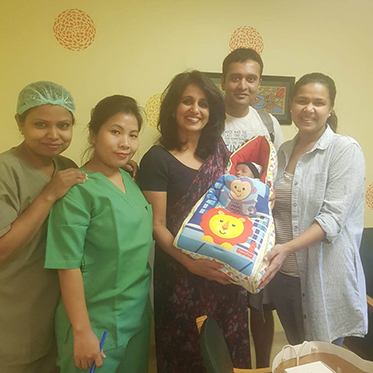
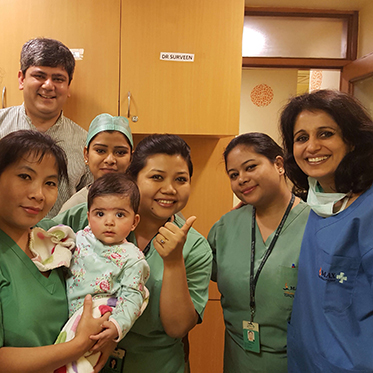
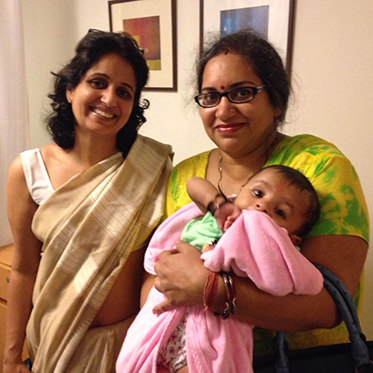
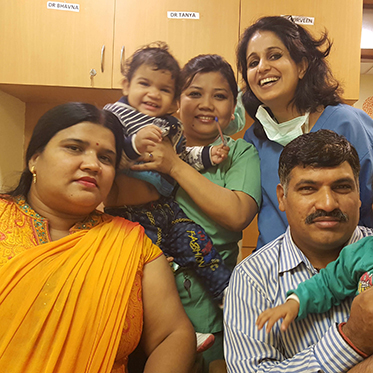

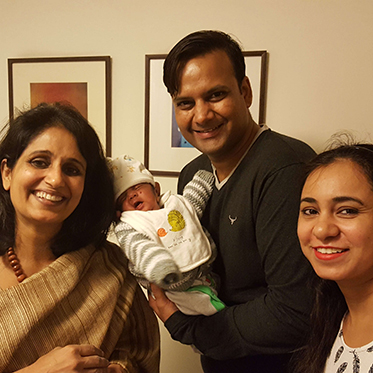
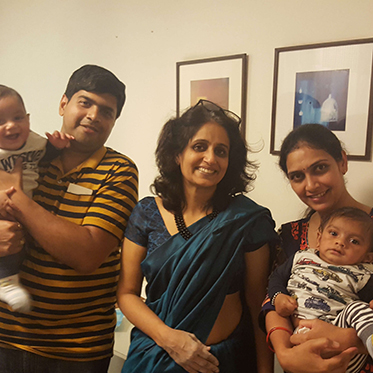
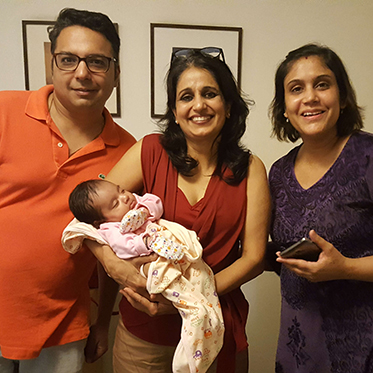
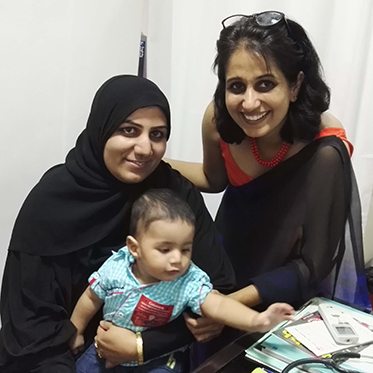
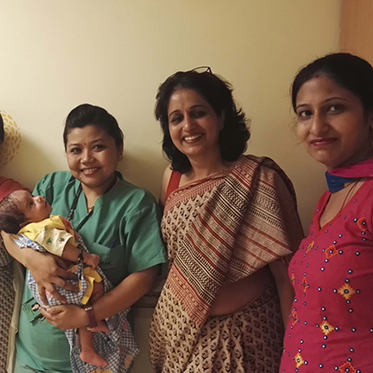

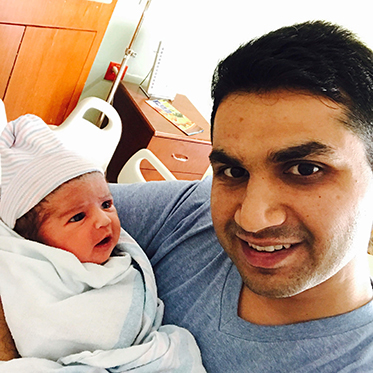
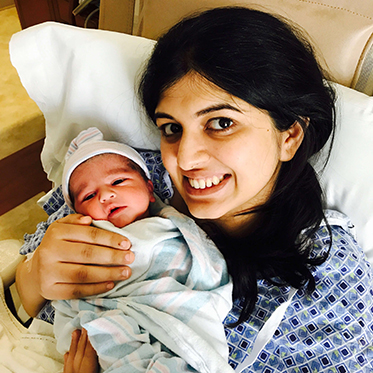
Knowledge Center
Frequently Asked Questions
By far the most common reason for recurrent implantation failure falls on the quality and chromosomes of the embryo. One important variable is clearly the quality of the embryo. If the quality of the embryo is poor, then the possibility of successful implantation is reduced. Science has progressed in leaps and bounds in this area and it is now possible to test embryos before they are transferred, improving the pregnancy chances significantly.
There is some evidence that immunological conditions that alter the balance of tolerance and rejection of an embryo can interfere with implantation. Although many treatments have been studied, the evidence for many is controversial. Use of heparin, aspirin, prednisolone, immunoglobulin are medications that are sometimes used, but there are also detrimental effects with these medications and caution is recommended under the guidance of fertility specialists should they be prescribed.
First, a physician will take a detailed medical, surgical, family, and genetic history and perform a physical examination. Testing that may be done includes karyotype analysis of both partners. The uterus (the womb) and the uterine cavity (inside of the womb) will often be evaluated. There are several ways to evaluate the uterine cavity, including a/an ultrasound, saline ultrasound, hysterosalpingogram X-ray, MRI (magnetic resonance imaging), and/or hysteroscopy (to look inside the uterus).
In vitro fertilization (IVF) with preimplantation genetic diagnosis (PGD) can also be done. With this process, the woman takes shots for several days so that many eggs grow in her ovaries. The eggs are then retrieved from the ovaries in a minor surgical procedure; one sperm is then injected into each egg and the embryo is allowed to grow. One cell of the embryo is then biopsied and the genetic make-up is analyzed to avoid the transfer of an affected embryo.
Over one-half of patients with recurrent pregnancy loss will have unexplained recurrent pregnancy loss, which means that no specific cause could be identified in the work-up. Various treatments may be offered to these patients, but there is no universal recommendation for treatment of these patients

